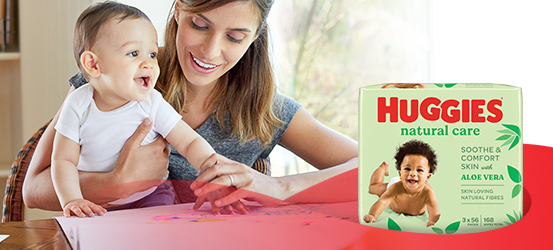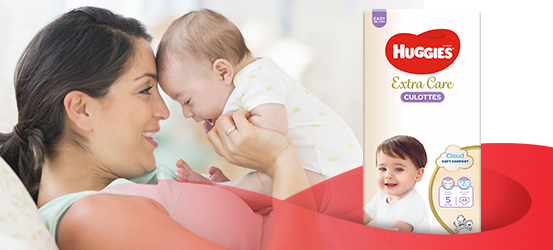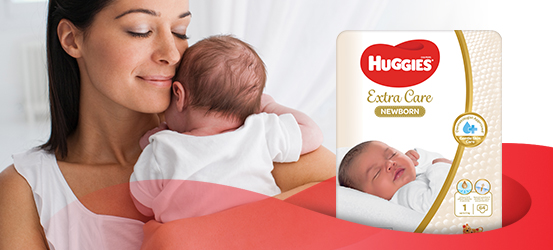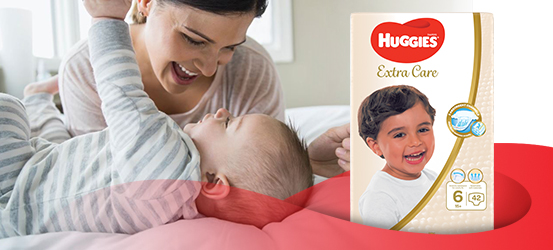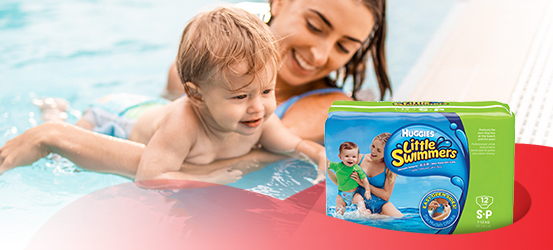Frustration is a common emotion for little ones at this age. They see things, they want things, and they don’t have the means to get to where they want to go. This is the time when you will find yourself trying to interpret just what it is they are complaining about.
You are likely to hear your 8-month-old develop a different range of cries now. Anger, protest and frustration will creep into their repertoire but will be balanced by episodes of true laughter and glee. Your skills in “reading” your baby will be growing each day and you’ll find you are going through your own stages of development and growth, too.
Feeding and sleeping
Your baby will be having at least 2 solid meals each day now – perhaps even 3. Milk is still a primary food source that will help to fuel their growth. But solid foods will also help to supply them with additional nutrients and energy. If you are breastfeeding, you may find your baby does not want to feed as frequently as they used to, and their hunger is being partially satisfied by their solid intake. It is still important that they have around 4 breastfeeds per day at 8 months. If you are bottle feeding, 4 milk feeds is also ideal.
Your baby is likely to still need 2-3 day time sleeps of 1-3 hours each time. There will be more of a pattern to their daily routine and you will find it easier to work and plan around their feeds and sleeps now. A tired baby is a cranky baby and not much fun to be with. You are unlikely to want to be out when it is their sleep time and no matter how well intentioned you were before you had children, this age may be the turning point. Don’t fret! We all have times when we need to admit that perhaps we have something to learn.
Behaviour
Your baby will be talking away to themselves now, practicing how noise is made and what it sounds like. They still won’t comprehend that what they say has any meaning, such as mama or dada. But with time and gentle, positive reinforcement from you, they will broaden their range of vocal skills and link intent, sound and meaning together.
Make sure you involve them in household conversation and activity. Babies learn how to be social through their families and communities.
This month, try to play games with them such as waving bye-bye, peek-a-boo and any other games. These will help develop early skills in communication and sequencing. Although they may seem simplistic, nursery rhymes and songs, as well as silly, made-up games are vital in creating the early building blocks for learning and education.
Developmental milestones
This is a busy age and a time of discovery and wonder for babies. With increasing mobility comes access to all sorts of things in the house, so you’ll have to be extra observant when your baby is exploring. Expect some early crawling skills this month and more competence with sitting independently. Perhaps your baby will creep or drag themselves across the floor or get where they want to go by rolling. They will be using all their limbs to get where they want to be, but they still won’t be coordinated enough to get very far.
Your baby will be able to bear some weight on their legs and may even be able to stand for short periods of time. You could find them standing in their cot this month. They are likely to protest with frustration when they can’t reach a toy they want or something unsafe is taken away from them. Remember, it is from challenges that their skills will grow and be perfected. Celebrate their efforts and increasing mastery over their body.
Growth
If you are worried about your baby’s growth, make an appointment at your local clinic or with your doctor. Every baby is a unique mix of genetics and individual factors that influence their own pattern or growth. Although it can be very tempting to compare with other babies of the same age, there is little to be gained from this.
Keeping well
You will find your baby will be zeroing in on particles so small you’ll wonder just how they located them. This is why you’ll need to be extra vigilant when it comes to ensuring your household is baby-proof. Check the kidsafe website for some great ideas. Go to your local hardware or baby speciality stores and look at the range of safety gadgets available.
Make sure heavy furniture is secure and items like televisions, pot plants, bookcases and tables cannot be dislodged and cause potential harm. Get into the habit of locking up medicines and using safety catches on cupboards where you store cleaning and toxic products. Don’t leave it till too late. Doing this early on will mean that you’ll develop patterns of good behaviour- a great benefit for when your baby is really at the exploring age.
Play and Interaction
Try not to overwhelm your baby with too much choice when it comes to toys. A few well chosen, bright, colourful and safe toys can be better than having an overflowing toy box which never sees the light of day.
Expect your baby to place everything in their mouth and chew and chomp as they explore the world. Your feet and ankles, shoes and even the family pet are all likely to be sucked or chewed on. If your baby has teeth, this oral fixation may even be little more exaggerated. Try not to see your baby’s biting as a deliberate intent to harm you or others. They are incapable at this young age of linking cause and effect so you will just need to be careful.
What about mom?
Your baby will be so adorable now that you may find yourself thinking about having another one. Alternately, you may find yourself making the most of every day. Many mothers feel a sense of sadness around this age when their baby seems to be growing up so quickly. Make time to just sit and enjoy your little one. You will hear this said a lot and it is likely you will always find some reason to put it off. But, as your baby becomes older, you will remember that you did this and be glad that you did.
It will be the physical, daily, repetitive grind of parenting that fatigues you now. Preparing solid food will be another task to achieve in your busy day, so will cleaning up the high chair and the constant feeling that you need to constantly check if your baby is okay.
When they are safely asleep in their cot, you will breathe a sigh of relief. Use this time to feed your own needs and “top-up” your own reserves. Try not to deprive yourself of proper rest and a healthy diet. Consider your own needs and feelings as being equally important as everyone else’s in the family.
Your emotions
You may not see yourself as being a separate individual to your baby or even your children at this point. Because you are so connected and attached to them, it may be difficult for you to maintain your own sense of identity and self-awareness. This is a common, but not well discussed issue of early parenting. If you have always valued your independence and maintained a strong sense of self, this can be a challenging time.
Speak with your partner about how you feel and other mothers who you feel would understand. Counselling can be very effective in helping to develop skills and gain a better understanding of why you feel the way you do.
Your sleep needs
Your baby is likely to be sleeping for longer periods overnight now, giving you a chance to do the same. If they are still in your room, you could find they are very sensitive to your presence. The safest place for them to sleep will still be in their own cot in your room, but you may need to experiment with the layout of the room so they can’t see you so clearly. At 8 months, being able to see something but not be able to get to it is cause for some pretty impressive protests.
If you find you cannot sleep when you have the opportunity, think about your bedroom environment. Although our bedrooms should be a type of sanctuary, away from the hustle and bustle of the rest of the house, the reality is that with a baby to share it with, this tends to change.
Baskets of washing, piles of clothing, toys, and assorted household items tend to find their way into parents’ bedrooms. If you can, clear away some of the mess and find new spots for them. When the rest of the house is in chaos, it’s important to escape from it into a de-cluttered zone.
Your relationships
You are likely to be so engrossed in your baby that it becomes difficult to find time to consider others. Avoid feeling you need to apologise for not considering everyone’s feelings. Nature has designed parents, especially mothers, to be preoccupied with their babies so that their chances of survival are optimised.
Give in to Mother Nature and be assured that other adults usually have the skills and means to satisfy their own needs – at least temporarily.















